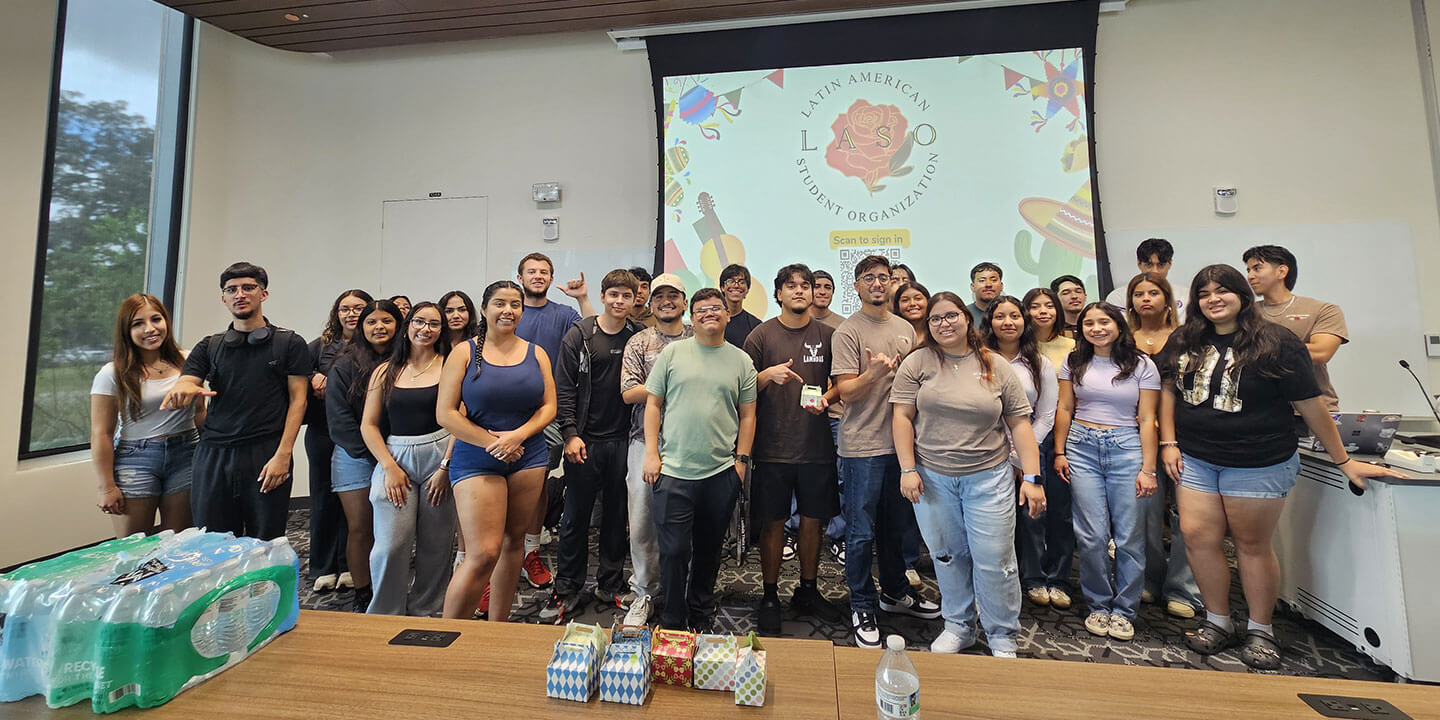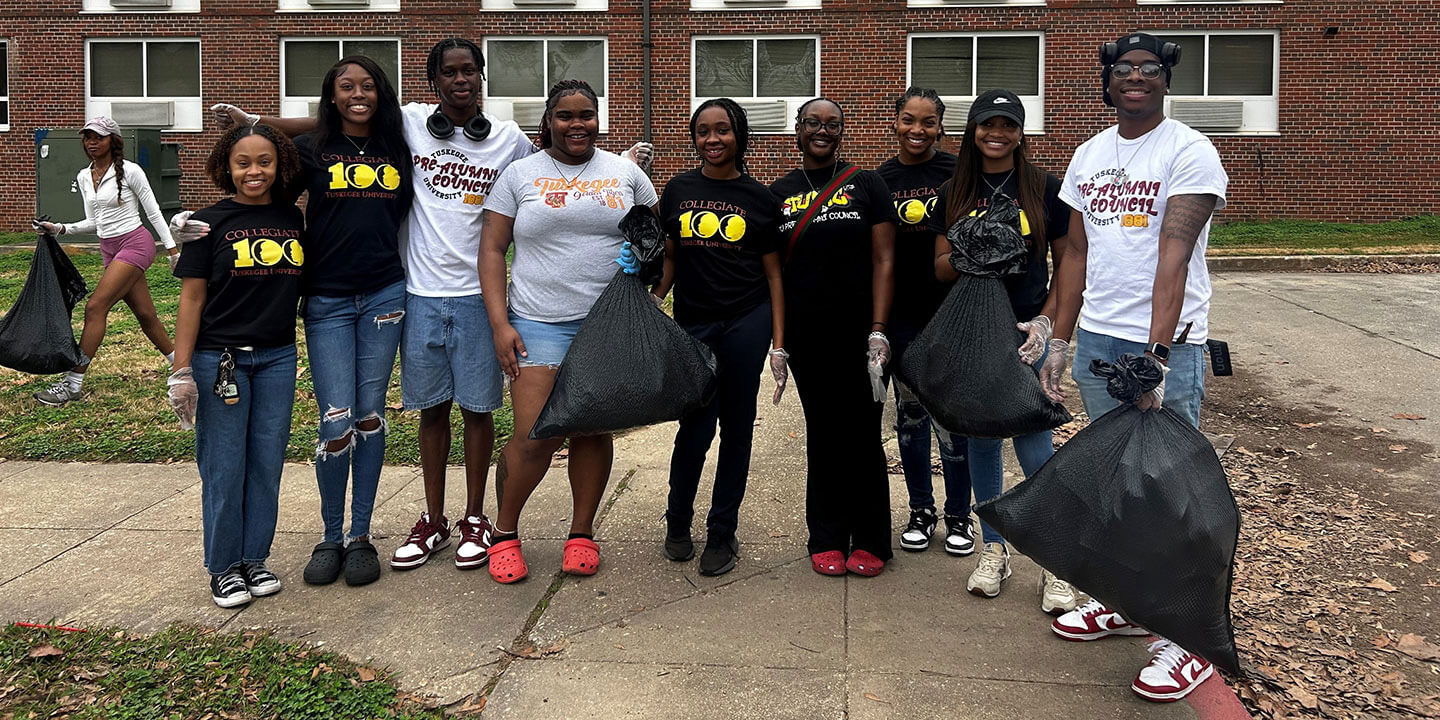
Coping with Growth

How to cope with growth? The process looks different for every individual. Along with being a student ambassador for the University of Miami, I have had the privilege of being involved in various campus extracurriculars, one of which has had a lasting impact on my college experience – COPE, which stands for Counseling Outreach Peer Educators. COPE is a dedicated group of students who serve as the bridge between the student body and the university’s counseling center. Over my college career, I have become even more involved in COPE and currently hold the position of Public Relations Chair on its executive board. In this role, I am responsible for fostering the growth and professional development of our members. This journey has reinforced my belief in the vital link between mental health and personal growth.
Mental health is a critical aspect of our overall well-being, yet it is often overlooked. In the hustle and bustle of college life, we frequently neglect our mental health while focusing on academics, extracurricular activities, and our social lives. The consequences of this neglect affect not only academic performance but also the overall quality of life.
But how does mental health tie into personal growth, especially in a university setting? The answer lies in the fact that personal growth is made of not only the gain of knowledge but also the development of mental resilience, emotional intelligence, and coping mechanisms. As students, we are constantly exposed to new experiences, challenges, and uncertainties, all of which contribute to our growth both physically and mentally.
Within the University of Miami, COPE is a source of compassion, understanding, and support in an academic world that can sometimes feel overwhelming. It is a testament to our institution's commitment to the well-being of its students. COPE's peer educators are not just students; we are empathetic listeners, mentors, and friends who actively work to destigmatize mental health discussions. We host tablings, facilitate presentations and collaborations, and provide a safe space for students to express their concerns and seek guidance. COPE empowers individuals to prioritize their mental health, develop essential coping skills, and cultivate emotional resilience. As a result, COPE contributes not only to the mental well-being of our campus community but also to our collective growth, creating a culture where personal development and self-care are celebrated and prioritized.
College is a time of exploration, discovery, and learning to be independent. We are faced with diverse perspectives, cultures, and ideas, which can be both exciting and overwhelming. It's during these moments of uncertainty that our mental health plays a pivotal role. Learning how to cope with stress, manage our emotions, and seek support when needed are invaluable skills that contribute to our growth as individuals.
As we continue to develop and discover what the future may hold, it's essential to prioritize our mental health. The skills we acquire to cope with growth and change will serve us well beyond our college years. Whether it's preparing for a career, pursuing further education, or simply facing life's uncertainties, a strong foundation in mental well-being will be our greatest asset.
In the midst of these challenges, I've embraced a personal motto: "Get comfortable with being uncomfortable." This motto has been my guiding light throughout my college journey. It's a reminder that true growth often occurs outside our comfort zones. When we step into the unknown, face our fears, and tackle the unfamiliar, we are actively shaping our future selves. With that, as I reflect on my summer internship in a new city, I realize that "being comfortable with being uncomfortable" was the catalyst for my growth. It's a mindset that has propelled me forward, encouraging me to take risks, explore the unknown, and seize opportunities for personal and professional development.
This phrase has become more than just words; it's a way of life. It's a reminder that, to truly grow and evolve, we must embrace discomfort as a sign of progress and a path to becoming the best version of ourselves. My summer internship in a new environment away from my hometown was a testament to the power of this principle, and I look forward to applying it in all my future endeavors, knowing that every step outside my comfort zone is a step toward personal and professional growth.
In conclusion, "Coping with Growth" takes on a multifaceted meaning in college life. It reminds me of not only the personal development and mental health connection but also the need to navigate independence, pursue future goals, and deal with the emotions of living in new environments. By embracing the motto "Be Comfortable with Being Uncomfortable," we can confidently tackle the challenges that come our way and emerge from these experiences as stronger, more resilient individuals, ready to take on the world beyond our university's walls.
As we continue to shape our future, let's remember that personal growth is a journey, and prioritizing our mental health ensures we're well-prepared for whatever lies ahead. In the face of independence, career aspirations, and change of environments, we can thrive and truly embrace the growth that comes with our experiences now as well as in the future.
Do you have a compelling story or student success tips you’d like to see published on the Pearson Students blog? If you are a college student and interested in writing for us – click here to pitch your idea and get started!



